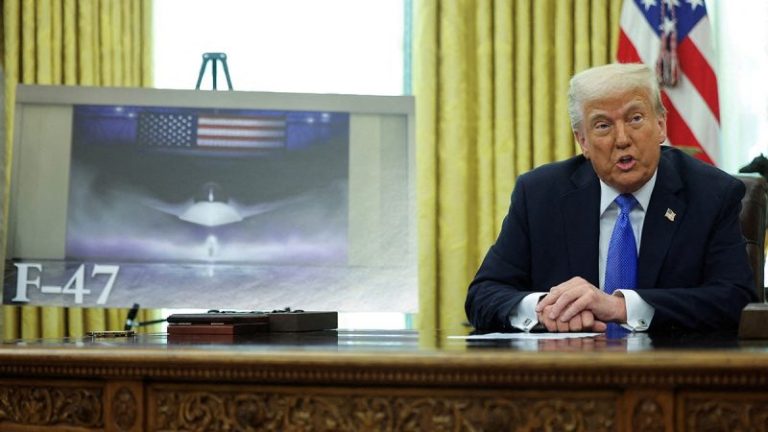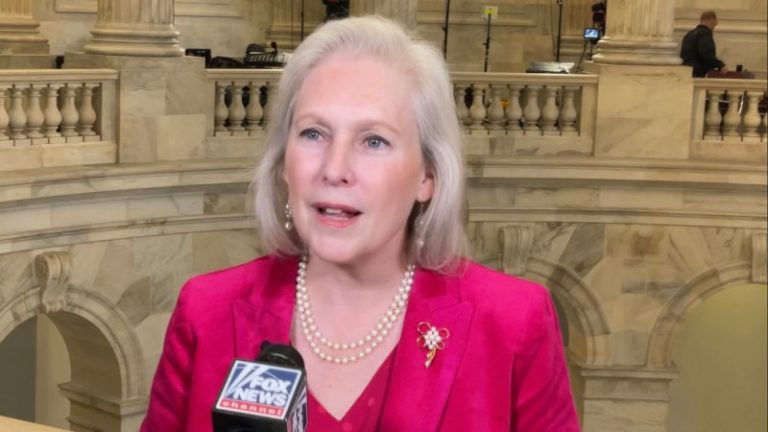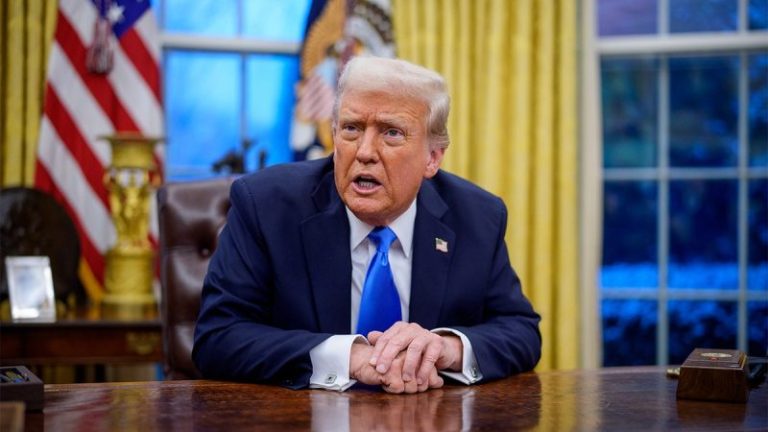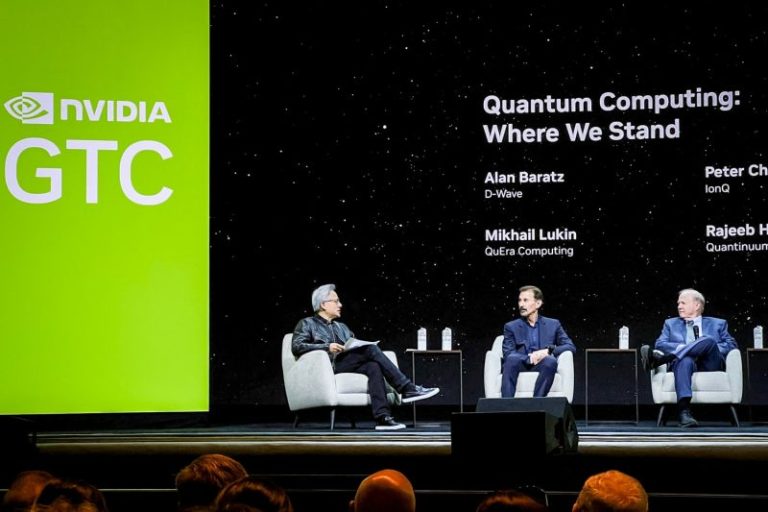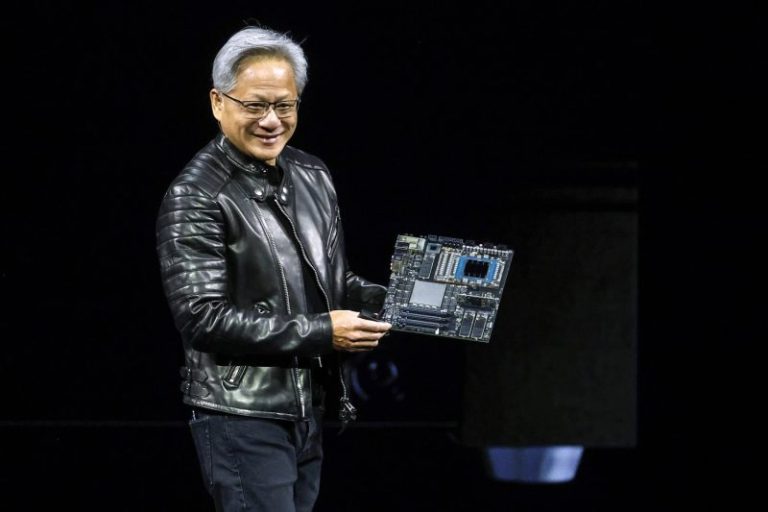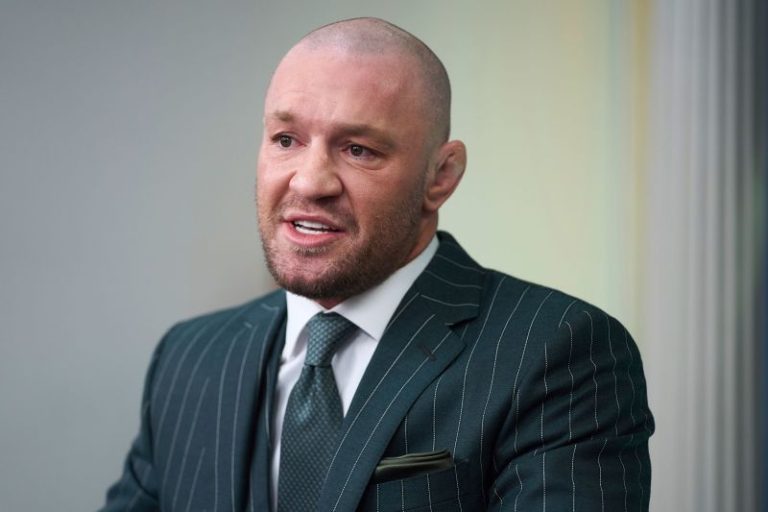Gal Dalal has spent nearly a year and a half fighting for the release of his brother, Guy Gilboa-Dalal, who was kidnapped by Hamas from the Nova music festival during the Oct. 7, 2023 attacks on Israel.
Dalal wants the world to know who his brother was before he was a face on a poster and why getting Guy out of Gaza is urgent.
‘So, my brother is the most warm-hearted man I know. He’s a very, very funny guy,’ Dalal told Fox News Digital. ‘For me, he’s actually my best friend. We share the same interests and hobbies and we do everything together.’
On Oct. 7, 2023, Guy was in the middle of experiencing his first-ever spiritual festival with his friends when Gal, a more seasoned festival goer, joined the group at approximately 6:15 a.m., less than 15 minutes before the attack began.
Dalal told Fox News Digital that when he arrived at the festival, an excited Guy ran up to hug him before pulling out his phone to take a selfie for their mother.
‘That’s the only reason I went there [to the Nova music festival] was to watch over him. And, you know, the fact that I came back without him, I think that’s the worst part of it for me,’ Dalal told Fox News Digital.
Neither of the Dalal brothers could have known what was coming next. As the sirens began to sound, Dalal told Fox News Digital that he suggested that the group go to his apartment, and they agreed. While Dalal went in his own car, Guy decided to go with his friends. Dalal estimates that Guy and his friends took an additional 10 minutes before leaving the festival area. At this point, they were not alarmed despite the rocket sirens blaring.
‘We [are] used to these alarms. We [are] used to missiles attack and no one thought it’s going to be a terror attack in this kind of scale,’ Dalal told Fox News Digital.
Safety protocol for rocket attacks is widely known in Israel. There are designated amounts of time to seek shelter depending on the location’s distance from Gaza. Many at the Nova festival ran to shelters on the side of the road, which would later turn out to be deadly. Hamas terrorists used the shelters to carry out mass killings. They would throw grenades into groups of people, many of whom did not survive.
Dalal told Fox News Digital that outside the festival, he sat in traffic for about 20 minutes before he heard shooting. From there, he spent hours running for his life. He was too far to go back for Guy, but the two were able to talk on the phone one last time before Guy was taken hostage.
The Dalal family found out on Oct. 7 that Guy and his best friend, Evyatar David, were taken hostage. Hamas published a video of the two kidnapped men already in Gaza. Guy and Evyatar went to the festival with two other friends, both of whom were killed.
Dalal and his family have spent the last 17 months advocating for the release of all the hostages, including Guy.
‘I always say that in one hand, we are so tired. We are literally on the edge. This fight is taking so much out of us, and the only thing that we really care about is my brother seeing him again, knowing that he’s well and protecting him. Hug him. Help him to heal. We miss him so much, I miss him so much,’ Dalal told Fox News Digital.
Recently, the Dalal family received a sign of life, but it was not a relieving sight. Guy and Evyatar were forced to take part in a Hamas propaganda video, in which they were forced to sit in a van and watch hostages be released only to have the door slammed in their faces.
Dalal told Fox News Digital that the video brought him back to Oct. 7 and showed the ‘psychological torture’ the families of hostages endure. He says it’s clear that his brother and Evyatar are being ‘starved to death.’
‘It scares me that this negotiation can take more time, and Guy doesn’t have the time,’ Dalal told Fox News Digital. However, he believes that President Donald Trump and the U.S. have the power to bring the hostages home.
In his fight for his brother’s freedom, Gal traveled to the U.S. and met with members of both the Biden and Trump administrations. He said that meeting the Trump officials felt ‘different’ and that they understood that time is not on their side.
‘I think that the only one who can really put the pressure and bring these hostages back and make sure that they will return to their families is President Trump and United States as a nation, you have the power of that, the power and the support that we need to make sure the hostages will return and will come back home,’ Dalal told Fox News Digital.


